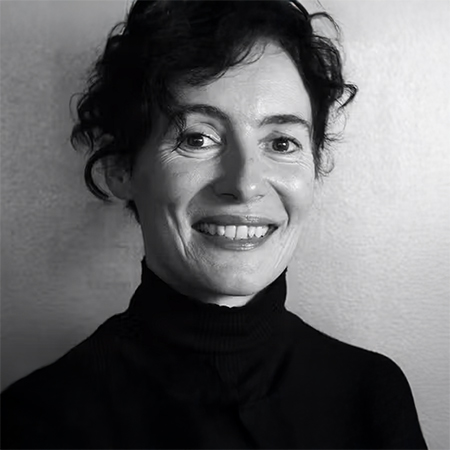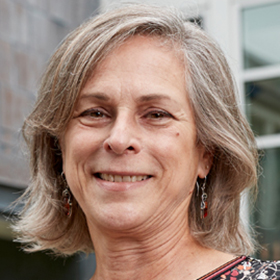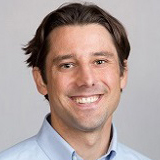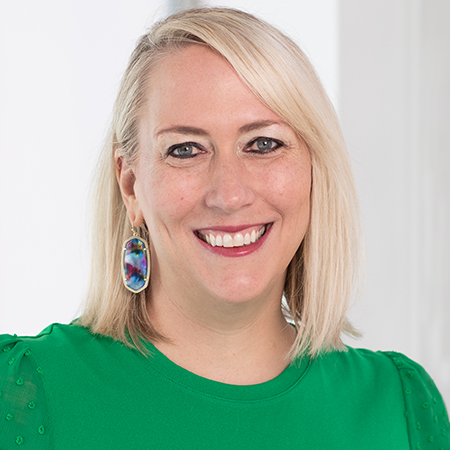Literary & Visual Arts
Babson may be a business school, but it’s also a campus where you will find the renowned Weissman Foundry, a robust visual and performing arts programming sponsored by BabsonARTS and housed in the beautiful Sorenson Center for the Arts, a Writing Center, a ceramics studio, and a curriculum that values the liberal arts and sciences as a partner to your business studies.
The literary and visual arts studies concentration features active engagement with a range of literary, visual, musical, and creative arts courses. These courses challenge you to think, perform, and write with increased depth, independence, and creativity, similar to coursework found in a visual arts major, or a bachelor of visual arts. You will experience how the arts express and shape individuals as well as cultural experiences and identities.
Where the Literary & Visual Arts Concentration Will Take You
You should expect to take visual arts classes, study formal, aesthetic concerns, as well as explore the artistic process as a dynamic and strategic series of expressive choices. A portion of Babson undergraduates go into the arts and entertainment industries after graduating, or get a visual arts degree, among other creative pursuits.
The communication, collaboration, leadership, critical thinking, and conceptual skills you gain from the literary and visual arts studies concentration will benefit you in any industry, whether it be marketing, event planning, curation, education, philanthropy, communications, technology, and, of course, the arts themselves.
What You Will Study
Students take four creative arts courses and at least two of them are under the same discipline (literature, film, and art). There are over 40 elective options to choose from that cover art from various national and global perspectives (as well historical and modern ones), including:
Explore the captivating and dangerous ways in which writers construct foreign worlds of "East" and "West" and how they trespass, distort, and dream the border between themselves and other civilizations. From the Argentinian Borges' depictions of Arabian labyrinths to the Syrian Adonis' depictions of New York City alleyways, from the French Baudelaire's meditations on Oriental opium-dens to the Persian Hedayat's meditations on the madmen of Paris, you will see how authors represent unknown and outsider cultures. Ultimately, you will interrogate the experience of radical otherness and its use as a complex force of creativity, consciousness, and imagination.
Mid-twentieth-century America was characterized by changing gender roles and definitions, geographic and demographic shifts, war, and burgeoning technology, among other things. This course looks at fiction and drama to see how great American authors such as Tennessee Williams, Flannery O'Connor and Richard Yates portrayed and, perhaps, shaped the mid-century American understanding of love, sex, and family.
How adulthood, success, and leisure is defined shifts as generations and mindsets evolve. American films, and pop culture more broadly from the 20th and 21st centuries, provide context and representation for those changing viewpoints. This course is discussion-heavy, so you gain greater societal and cinematic understanding while developing your leadership, speaking, and listening skills.
Effective theatrical performance and communication begins with focused concentration, a free and active imagination, physical poise, and a controlled voice. In this course, you will hone these skills while reading, analyzing, and experimenting with contemporary acting strategies and methods. Your work on the stage will be guided and grounded by careful study and consideration of acting theory and history. You will not only have an understanding of the discipline and rigor required for successful performance but will also have a theoretical understanding and tools to create compelling and viable characters for the stage and for a public audience.
The Renaissance was a period of discoveries, and the new concepts of the self, markets, technologies, and devotions changed the shape of Europe. Examine some of the major paintings, sculptures, and architecture from Italy and Northern Europe that shaped modern culture. You will develop skills in interpreting visual images and build competence in creative thinking.
Explores how profoundly our lives are shaped by the designs of graphics we see, objects we use, and buildings we move through every day. You will gain increased understanding of the role good and bad design affects us and shapes the world in which we live.
Explore the entire list of literary and visual arts courses
You Will Learn From the Best
At Babson, our faculty are experts, innovators, and forward thinkers in their chosen fields. Here are just some professors sharing their expertise and support with our students.

Mary O’Donoghue
Mary O'Donoghue is a short story writer, novelist, poet, translator of Irish-language poetry, and senior fiction editor at the journal AGNI. She teaches writing fiction, literature, and first-year writing at Babson College.

Mary Pinard
Mary Pinard is professor of English and teaches courses in foundation humanities, literature, and poetry. She has also served in a range of positions including director of the Undergraduate Rhetoric Program, coordinator of the Creativity Stream in the MBA Program, Writing Center Director, and chair of Arts and Humanities.

Stephen Spiess
Stephen Spiess is assistant professor of literature, specializing in early modern English literature and culture, with particular investments in Shakespeare and the interrelations of sex, language, embodiment, and knowledge in the English Renaissance.

Beth Wynstra
Beth Wynstra teaches courses about American drama, acting, modernism, and rhetoric. She has written extensively on the life and plays of Eugene O'Neill and serves on the board of the Eugene O'Neill International Society. Beth regularly directs plays and musicals at Babson and is the founding artistic director of The Empty Space Theater.
Have Questions?
Faculty Contact: Beth Wynstra
Sponsoring Division: Arts & Humanities